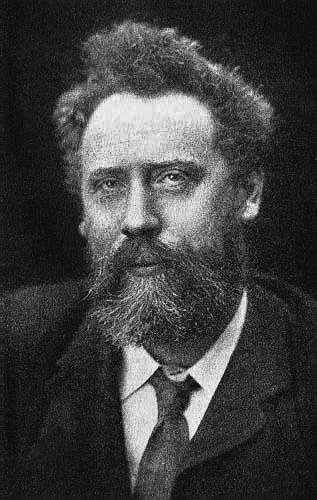"Hugo"
Views and Reviews (1889)
Works

Invictus
William Ernest HenleyFamous William Ernest Henley Quotes
"Envoy"
Poems (1898)
“What have I done for you,
England, my England?
What is there I would not do,
England, my own?”
Source: Poems (1898), Rhymes And Rhythms, XXV
Source: Poems (1898), Rhymes And Rhythms, XII
</p>
Source: Poems (1898), Rhymes And Rhythms, XIV
William Ernest Henley Quotes about life
Source: Hawthorn and Lavender (1901), XI
Source: In Hospital (1908), p. 20
Source: Hawthorn and Lavender (1901), XXI
Context: Love, which is lust, is the Lamp in the Tomb.
Love, which is lust, is the Call from the Gloom.
Love, which is lust, is the Main of Desire.
Love, which is lust, is the Centric Fire.
So man and woman will keep their trust,
Till the very Springs of the Sea run dust.
Yea, each with the other will lose and win,
Till the very Sides of the Grave fall in.
For the strife of Love's the abysmal strife,
And the word of Love is the Word of Life.
And they that go with the Word unsaid,
Though they seem of the living, are damned and dead.
Source: Poems (1898), Rhymes And Rhythms, XV
William Ernest Henley Quotes
Epilogue
Hawthorn and Lavender (1901)
Context: A people, haggard with defeat,
Asks if there be a God; yet sets its teeth,
Faces calamity, and goes into the fire
Another than it was. And in wild hours
A people, roaring ripe
With victory, rises, menaces, stands renewed,
Sheds its old piddling aims,
Approves its virtue, puts behind itself
The comfortable dream, and goes,
Armoured and militant,
New-pithed, new-souled, new-visioned, up the steeps
To those great altitudes, whereat the weak
Live not. But only the strong
Have leave to strive, and suffer, and achieve.
Source: Hawthorn and Lavender (1901), XXI
Context: Love, which is lust, is the Lamp in the Tomb.
Love, which is lust, is the Call from the Gloom.
Love, which is lust, is the Main of Desire.
Love, which is lust, is the Centric Fire.
So man and woman will keep their trust,
Till the very Springs of the Sea run dust.
Yea, each with the other will lose and win,
Till the very Sides of the Grave fall in.
For the strife of Love's the abysmal strife,
And the word of Love is the Word of Life.
And they that go with the Word unsaid,
Though they seem of the living, are damned and dead.
"Prologue"
Poems (1898), Rhymes And Rhythms
Context: p>Those incantations of the Spring
That made the heart a centre of miracles
Grow formal, and the wonder-working bours
Arise no more — no more.Something is dead...
'Tis time to creep in close about the fire
And tell grey tales of what we were, and dream
Old dreams and faded, and as we may rejoice
In the young life that round us leaps and laughs,
A fountain in the sunshine, in the pride
Of God's best gift that to us twain returns,
Dear Heart, no more — no more.</p
“Under the bludgeonings of chance
My head is bloody, but unbowed.”
Invictus (1875)
Context: In the fell clutch of circumstance
I have not winced nor cried aloud.
Under the bludgeonings of chance
My head is bloody, but unbowed.
Source: Poems (1898), Rhymes And Rhythms, XII
Context: p>Think on the shame of dreams for deeds,
The scandal of unnatural strife,
The slur upon immortal needs,
The treason done to life:Arise! no more a living lie,
And with me quicken and control
Some memory that shall magnify
The universal Soul.</p
Epilogue
Hawthorn and Lavender (1901)
Source: Poems (1898), Rhymes And Rhythms, III
Source: In Hospital (1908), p. 11
Source: Poems (1898), Rhymes And Rhythms, II
Source: Poems (1898), Rhymes And Rhythms, II
Source: Poems (1898), Rhymes And Rhythms, XV
This may have inspired later lines of "A Challenge" from "Quatrains" by James Benjamin Kenyon, published in An American Anthology, 1787-1900 (1901) edited by Edmund Clarence Stedman:
Arise, O Soul, and gird thee up anew,
Though the black camel Death kneel at thy gate;
No beggar thou that thou for alms shouldst sue:
Be the proud captain still of thine own fate.
Invictus (1875)
A Book of Verses (1888)
